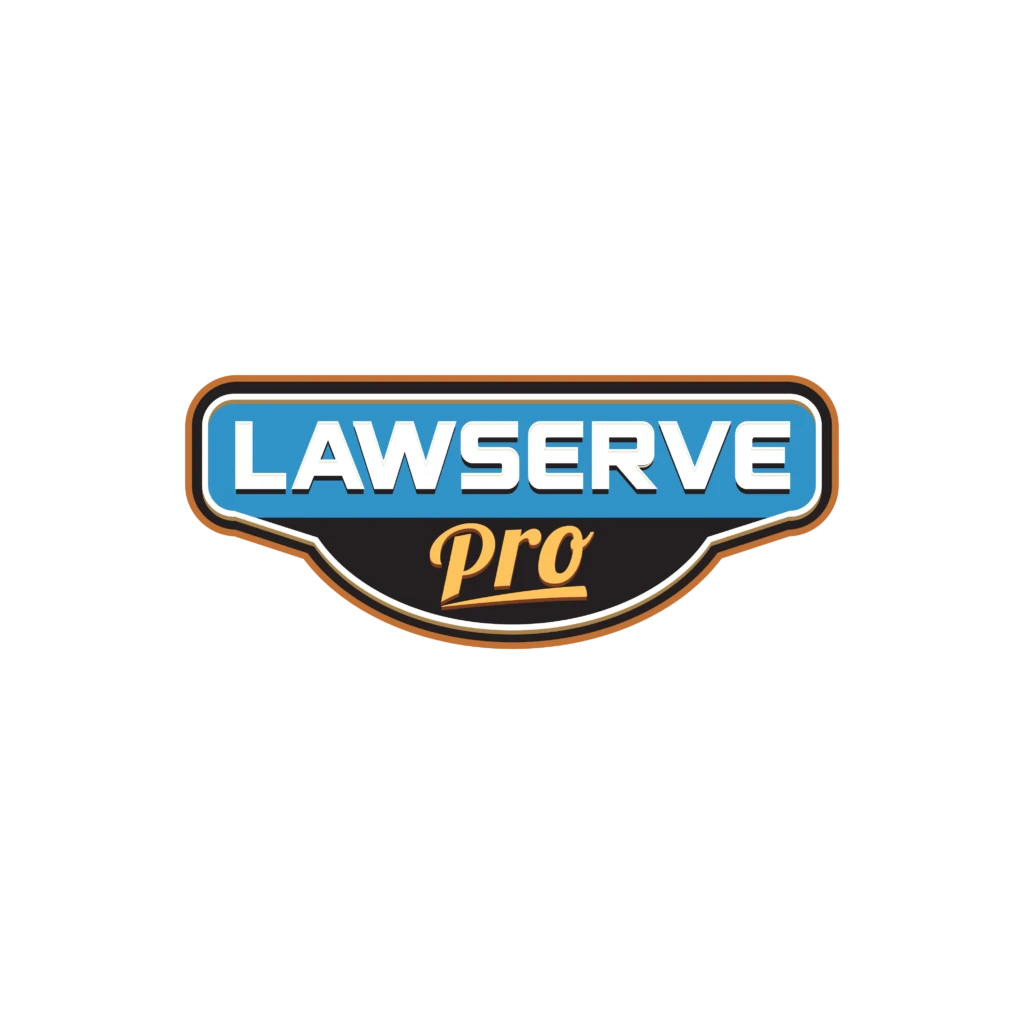What are the legal requirements for serving a federal subpoena?
What are the legal requirements for serving a federal subpoena?
Federal, state, and local legislation have created a complicated structure for the service and documentation of subpoenas and other legal documents. These laws are in place to safeguard everyone’s rights, keep the legal system honest, and guarantee due process. Failure to comply can lead to invalid service and serious legal issues, so it is crucial for process servers, legal experts, and anyone else engaged in the subpoena service of process to understand these requirements.
What Exactly is a Federal Subpoena?
Think of a federal subpoena as an official order from a federal court. It’s like a formal request, backed by the power of the national legal system, that requires someone to do something. This could be:
- Showing up in court:Maybe you’re needed as a witness in a case.
- Producing documents:Perhaps the court needs specific records or information you have. Unlike regular letters or requests, ignoring a federal subpoena can have serious consequences. That’s why it’s important to understand what it is and what your responsibilities are.
Unlike regular letters or requests, ignoring a federal subpoena can have serious consequences. That’s why it’s important to understand what it is and what your responsibilities are.
At the federal level, the service of process, including subpoenas, is primarily governed by the Federal Rules of Civil Procedure (“FRCP”). Specifically, while Rule 4 of the FRCP focuses on the issuance and service of a summons and complaint, the service of subpoenas is addressed under Rule 45 of the FRCP. These rules are uniform across all federal district courts, establishing a consistent and often more stringent standard for service compared to state-specific regulations.
How is a Federal Subpoena Different?
Federal subpoenas have some unique features compared to those issued by state or local courts:
- National Reach:Federal courts have authority across the entire country. This means a federal subpoena can require someone in California to appear in a court in New York, for example.
- Strict Rules:The federal government has specific, consistent rules about how these subpoenas must be delivered. These rules are the same no matter which federal court is involved.
- Emphasis on Direct Delivery:Federal law usually requires that the subpoena be handed directly to the person named. This is to make absolutely sure the right person receives the important legal notice.
Who Can Legally Serve a Federal Subpoena?
Unlike state rules that might permit a broader range of individuals to serve subpoenas, federal law has more specific requirements regarding who is authorized to perform this crucial task. According to Rule 4.1(a) of the FRCP, process other than a summons under Rule 4 or a subpoena under Rule 45 must be served by a United States marshal or deputy marshal or by a person specially appointed for that purpose. This ensures that the individual serving the subpoena has a certain level of official authority and understanding of their responsibilities. While the specifics of who can serve a subpoena under Rule 45 are not explicitly detailed in these sources, the guidance from Rule 4.1 suggests a similarly restricted pool of authorized individuals at the federal level. This contrasts with some state jurisdictions where any non-party adult might be permitted to serve a subpoena.
Where Can a Federal Subpoena Be Served?
The geographic scope of where a federal subpoena can be served is also defined by federal rules. Rule 4.1(a) states that service can occur anywhere within the territorial limits of the state where the district court is located. Furthermore, if a federal statute authorizes it, service may be permitted beyond those state limits. This highlights a key difference from state subpoenas, which generally have stricter in-state service limitations, although mechanisms like the Uniform Interstate Depositions and Discovery Act (“UIDDA”) facilitate out-of-state discovery. Understanding these geographic boundaries is essential for ensuring the subpoena is served within the permissible jurisdiction.
The Mandatory Methods of Serving a Federal Subpoena
While the exact methods of serving a subpoena under Rule 45 are not comprehensively laid out in the provided excerpts, the principles of federal service of process, as indicated by the comparison with state rules and the provisions of Rule 4 concerning summons service, emphasize personal service as the primary and often required method.
Personal hand delivery of a copy of the subpoena directly to the person being served is generally favoured in federal proceedings to minimize disputes about whether the recipient received proper notice. This heightened emphasis on direct personal service reflects the federal courts’ commitment to ensuring due process in potentially high-stakes litigation.
Substitute service, such as leaving a copy at the individual’s residence with someone of suitable age and discretion, while sometimes permitted under state rules, is less common and likely more strictly regulated at the federal level for subpoenas. Similarly, while some states might allow service by certified mail in certain circumstances, this method is not explicitly mentioned as a standard procedure for federal subpoenas in the provided sources and might be limited or require specific court authorization.
Hire LawServePro as your Process Server for Serving a Federal Subpoena
- We Know the Federal Rules:At LawServePro, we are experts in the specific procedures for serving federal subpoenas. We understand the emphasis on personal delivery and the need for accurate documentation.
- We Ensure Legal Compliance:By using our professional process servers, you can be confident that the subpoena will be served correctly, minimizing the risk of legal challenges later on.
- We Provide Proof of Service:After delivering the subpoena, we create an official document called a “Return of Service” or affidavit. This detailed paperwork proves to the court that the subpoena was delivered correctly, including who received it, when, and where. This is crucial for the legal process to move forward smoothly.
Serving legal documents can be complicated. At LawServePro, we can take care of all the necessary steps, so you don’t have to worry about the technicalities. Contact LawServePro to serve a federal subpoena today!
AGGRESSIVE AND PROFESSIONAL NATIONWIDE PRIVATE PROCESS SERVERS
Here at LawServePro, it’s our number one priority to make your job easier. Whether you need legal documents served, a foreign subpoena domesticated, or court documents retrieved, our expert team of professionals are ready to help. Call today for a free quote!
Account
Connect
National Headquarters
8482 Fort Smallwood Road
Suite B-110
Pasadena, MD 21122
8482 Fort Smallwood Road
Suite B-110
Pasadena, MD 21122
© Copyright by LawServePro 2021 | Web Design by Exo Agency
No products in the cart.

